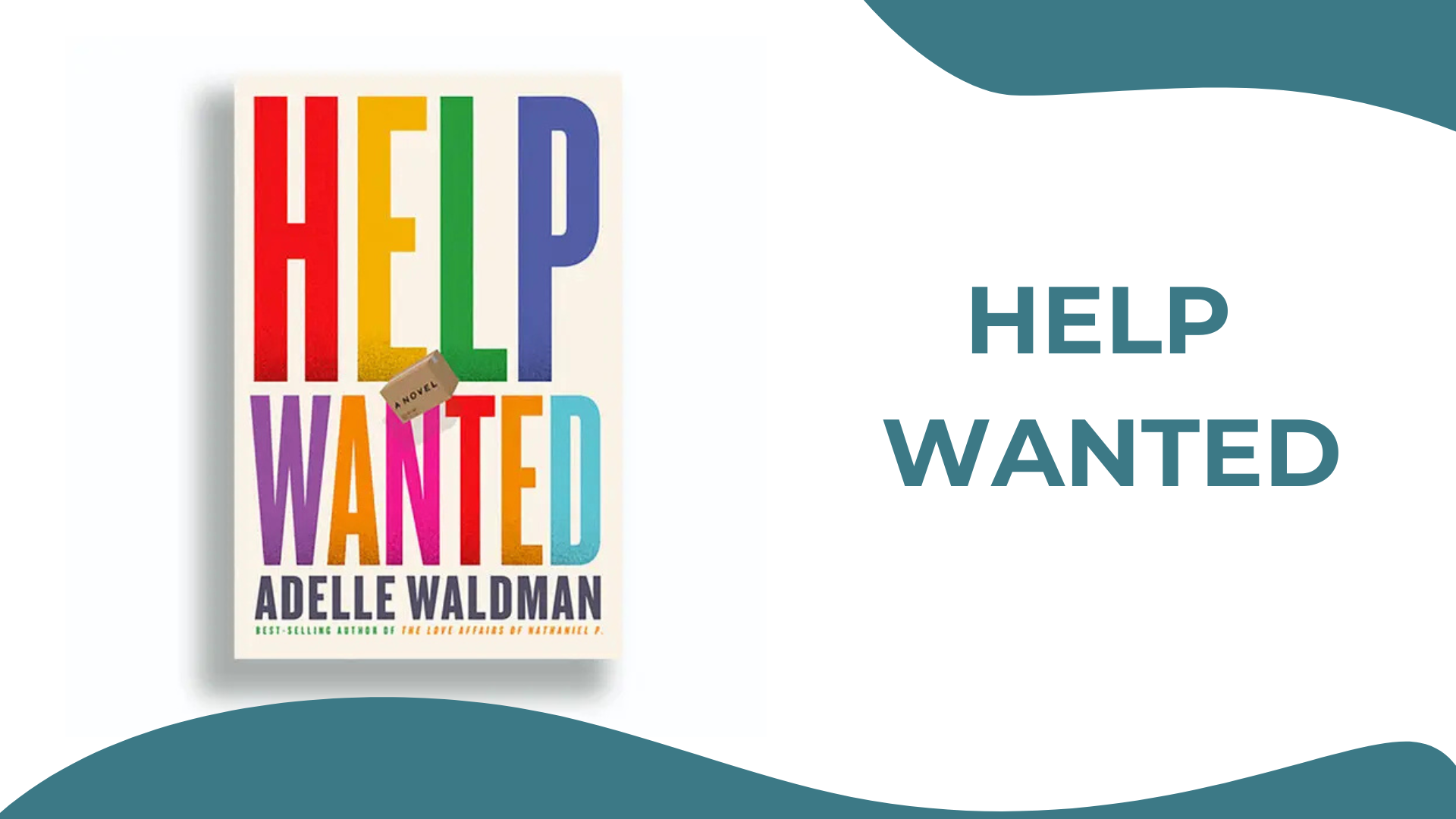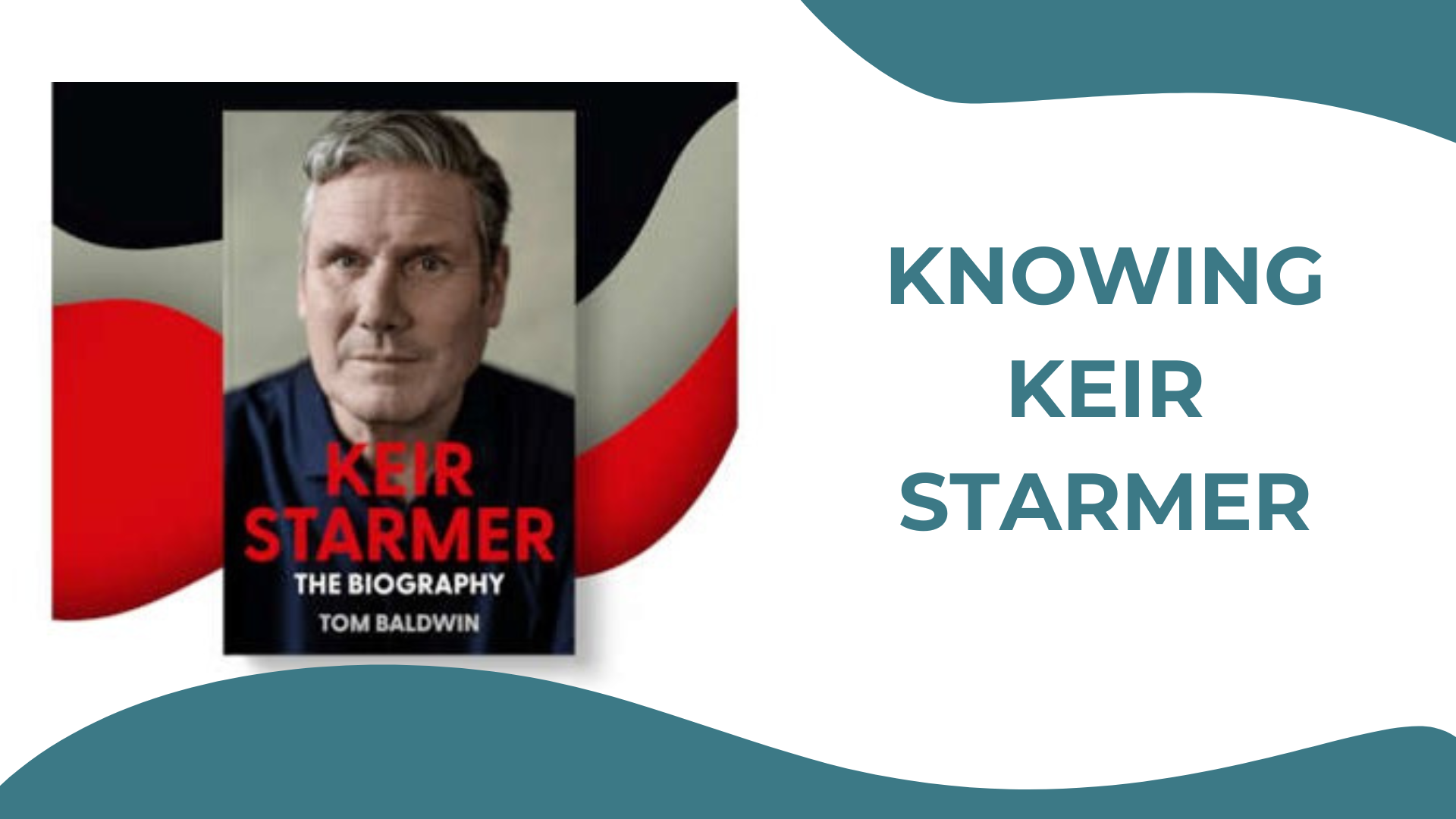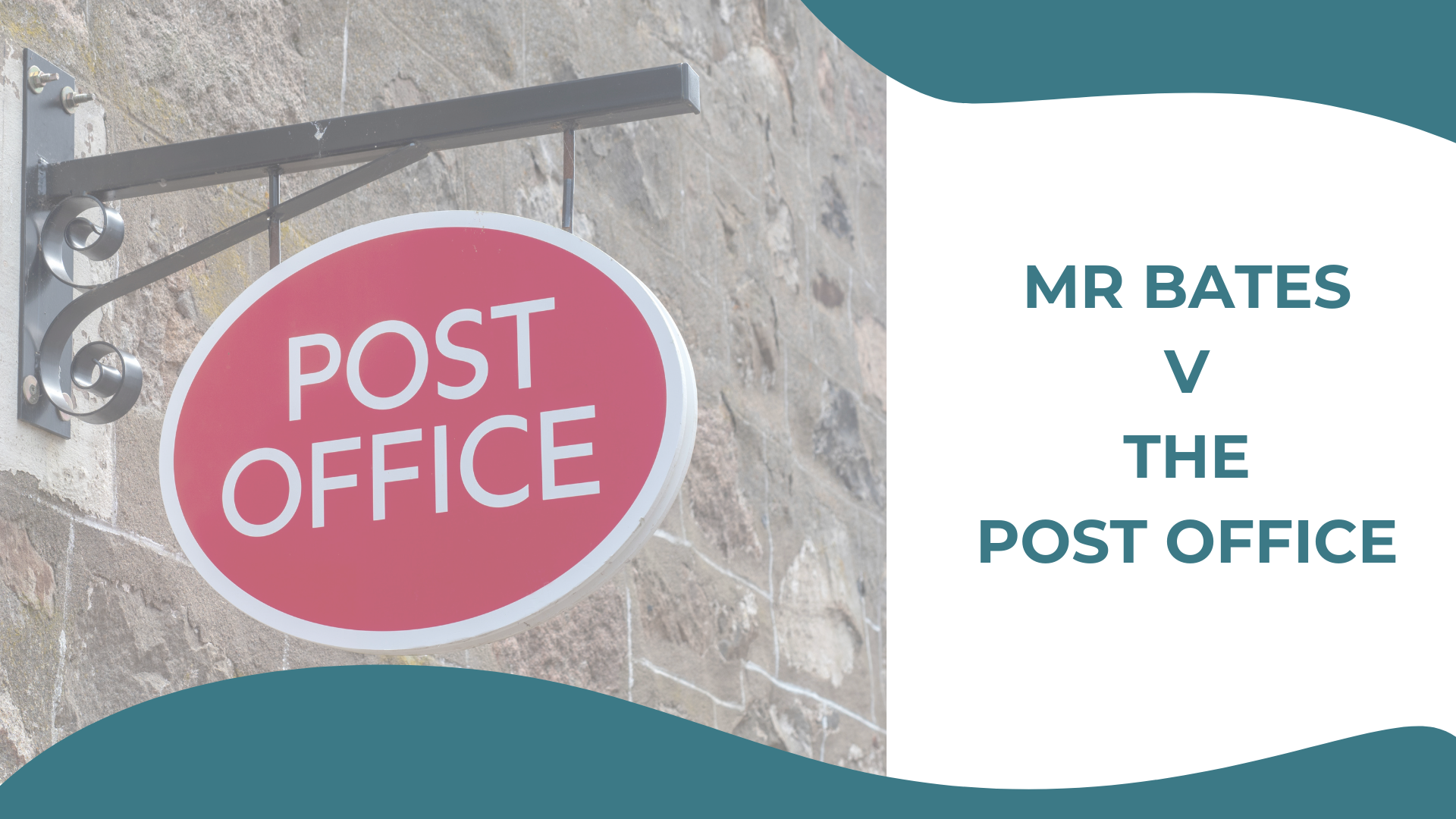In organisations, the importance of trust is multi-faceted. Recent World Economic Forum research points to CEO concerns that falling trust in their organisations will hinder growth. Within organisations there is a strong evidence base that high-trust organisations have significantly higher levels of engagement and productivity. Trust is a foundational building block of effective inter-personal, team, group, organisational and inter-organisational working. Hard to build, but easy to lose.
When you think about trust, what comes to mind?
Some of the ways our clients describe trust are: ‘aligned interests’; ‘authenticity’; ‘integrity’; ‘honesty’; ‘keeping promises made’; ‘caring for me’; ‘what I see is what I get’; ‘consistency’; ‘leak-proof’. Whatever words or phrases you use to describe what trust means, how we think about trust embraces behaviours, our interpretation of what people say, our comfort levels in disclosing information and how we feel. Whether we trust or not is very personal and relational.
So what are the factors that help us decide whether to trust or not? I first came across research into trust when reading David Maister, Charles Green and Robert Galford’s book The Trusted Advisor (and still an excellent read). In this book, the authors present the Trust Equation which sets out four variables that help us decide whether to trust or not. Presented as an equation, the trust equation has three numerators – Credibility, Reliability and Intimacy – and one denominator – Self-orientation. Let’s explore these further:

Credibility is ‘do they know what they are talking about?’
Reliability is about delivering consistently on the big and small promises and commitments made.
Intimacy is about how vulnerable we can be with others, knowing they will keep confidences confidential.
Self-Orientation is all about alignment of interests – where does this persons focus lie? Do they have my best interests at heart, or are they doing this for themselves? Are they really helping me, or are they simply doing this to get something out of it?
I have found this framework really helpful over the years to think about key relationships, trust in the groups and teams I’m working with and how trust manifests itself in organisational cultures. You may want to consider a key relationship you have and use the trust equation to consider how you stand on each variable. How would you rate?
A 2017 Harvard Business Review article by Paul Zak takes our thinking on trust even further. In this article Zak presents his research into the neuroscience of trust. The neuroscience of trust is that a brain chemical called oxytocin signals levels of trust – helps us decide at a practical level whether it is ‘safe to approach’ or not. High levels of oxytocin reflect high levels of trust, and high-trust in organisations leads to greater productivity, higher energy at work, better collaboration and longer retention. Trust also creates joy – enjoyment – at work.
These are powerful findings and prompt the question ‘if high levels of oxytocin heighten levels of trust, what conditions stimulate higher levels of oxytocin?’
Fortunately, through over a decade of research and experimentation Zak offers X practical ways we can manage for trust:
- Recognise excellence: Recognition has the largest effect on trust… when it is given immediately after the achievement, when it comes from peers and when it is tangible, unexpected, personal and public.
- Induce ‘challenge stress’: A difficult but achievable job releases neurochemicals that intensify focus and strengthen connections between people. Other Harvard research suggests that people’s ‘best days at work’ involved making progress toward goals.
- Give people autonomy: We feel most trusted when we manage people and execute projects in our own way – trusted to work things out. A 2014 Citigroup/LinkedIn survey discovered that nearly 50% of employees would give up a 20% pay rise for greater control over how they work! If this is true of the workforce as a whole, research into the needs of younger people at work suggests that autonomy is even more important for them.
- Share information broadly: Uncertainty about an organisation’s direction leads to chronic stress, which inhibits the release of oxytocin and undermines trust. Regular interaction with people about direction and plans is really important in trust-building. It’s a two-way engagement and not transmission, and it’s about openness and disclosure and not withholding of information.
- Intentionally build relationships: Organisations are social constructs and the social dimension of work is critical in building trust. Zak’s research suggests that when people intentionally build social ties at work, trust increases and performance improves.
- Grow the whole person: High trust organisations adopt a growth mindset – professional and personal growth.
- Show vulnerability: In trust organisations people aren’t afraid to ask for help from colleagues. Asking for help stimulates oxytocin levels in others, increasing levels of trust and cooperation.
The good news is, these 7 practical ways we can manage for trust aren’t rocket science.
So, knowing what you now know about how to manage for trust:
- How would you rate yourself against these 7 ways to manage for trust?
- Which do you find you do most often?
- Which do you need to do more of?
- What practical actions are you going to take to build trust in your relationships, team, organisation?
This article was first published as part of our 2019 summer school email series. If you would like to receive similar communications from us, please sign up to our regular emails. If you found this article helpful, please share it with your colleagues and network. Check out more insights from Mightywaters.




